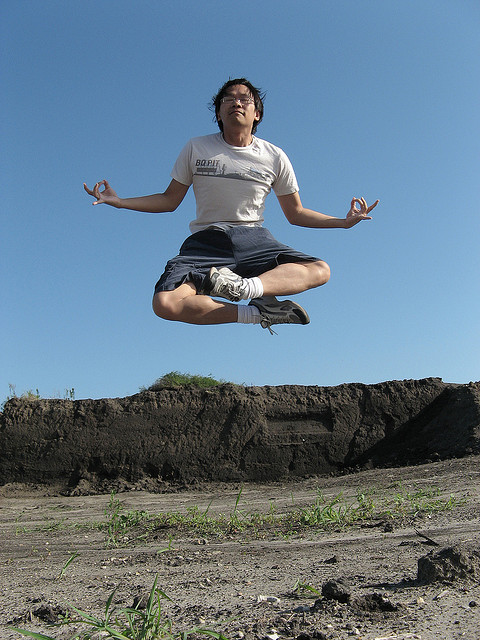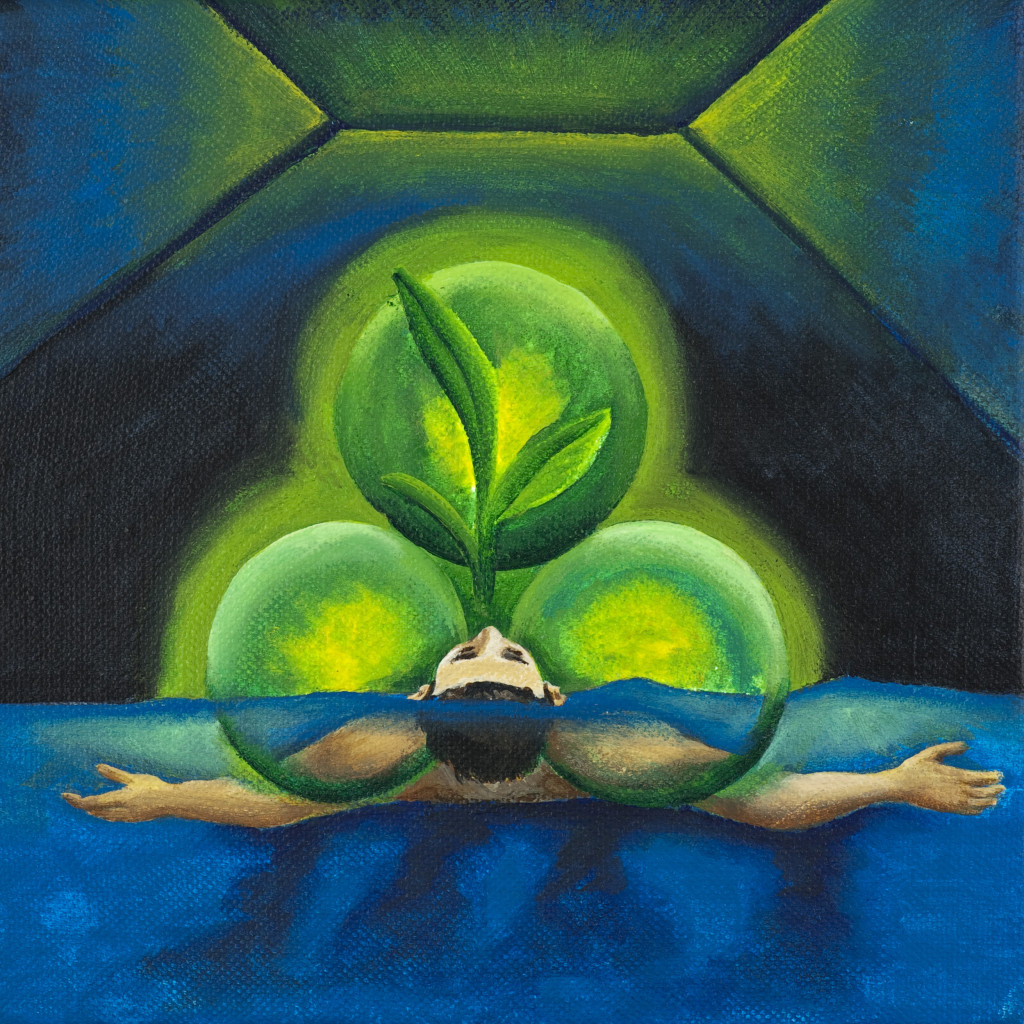“I remained happy, and carried with me the positive feeling into the next two days. It was almost a ‘celebratory’ feeling. One that has not been produced by any other medications, therapies, or methods of dealing with the individual diagnoses I live with. I didn’t feel the need for the anti-anxiety medications for nearly two days. Which, in my current state, almost never happens.” —Andrew
“Andrew” is a real person, though that’s not his real name. Over the last two years he’s been clinically diagnosed with Treatment-Resistant Major Depressive Disorder, PTSD, and Anxiety Disorder. He has worked with trauma therapists and all the resources in the Boston area, including MGH and McLean hospital. He’s even gone so far as to participate in clinical studies at MGH for current drug trials that are being studied for his particular diagnosis. To date, nothing has significantly improved his quality of life, and is left with very few options short of electroconvulsive therapy.

© Galilla S (flickr), CC-BY-SA
He contacted us, wanting to know if he could try floating before committing to anything so drastic as ECT. Sara and I gave it a little thought and said, you know what, helping someone like this is exactly why we want to open FLOAT. We offered a series of three floats over three weeks, if he would write up his experiences before and after so that we could share them here.
[After my third float] I felt calm and happy, an experience I can’t remember having in a long time. So much so that I was unfamiliar with it, and didn’t know what to do with the positive happy feeling. I know how to take care of myself in the dark troubling times, but over the last few years, have lost the innate knowledge of how to feel happy, and what to do with that time.
This is an anecdote – one person’s experience, and no kind of clinically controlled trial. Please interpret with caution. Still we were thrilled with the results, and are excited to share them here.

